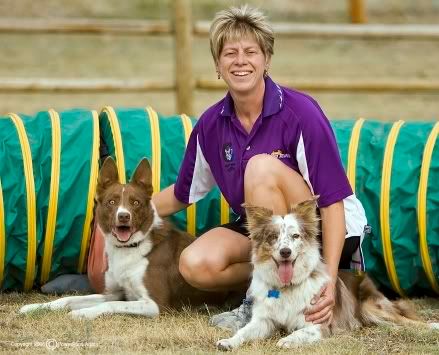Although you might be dreading harsh winter weather, it also can bring the blues for pets. According to a study by the veterinary charity People's Dispensary for Sick Animals (PDSA), similar to humans that suffer from Seasonal Affective Disorder, one in three dog owners sees a downturn in their pets’ moods during colder and darker months throughout the year. While humans have the opportunity to vacation in a warmer climate or take prescription medication, the solution for helping your pet can be as simple as providing a high quality diet and regular exercise. Stacy Peardot-Goudy, an award-winning agility trainer and Nature’s Variety Pet Nutrition Council member, suggests these tips to keep your dog or cat healthy this winter:
- Stair work – If you have a house with closed stairs, play fetch by throwing a toy up the stairs and having them run up and back down for a great work-out.
- Rotation Diet – Offering different forms (kibble, canned, raw) and proteins (meat, fish, poultry) such as the Nature’s Variety Rotation Diet, will keep your pet interested in eating and help with better behavior – which can help with being inside more often. Be sure to notice the amount of food you are feeding, since a pet is often less active in winter. By following a rotation diet, you pay more attention to what you are feeding your pet and decrease your chances of over-feeding.
- Obedience routines – Bring out the training books and work with your pet to improve basic skills such as heel work, turns, sit and stay. It will keep your pet mentally activity, which is just as important as physical activity, and increases pet/owner interaction.
- Hide and seek – Create a treasure hunt for your pet around the house by hiding treats in different places. This is an interactive game to get your pet moving and encourage them to explore their surroundings. Utilize your pet’s meal as treats by using kibble or a Nature’s Variety frozen raw medallion and calculate this into your pet’s daily feeding.
- Indoor pools – If you have access to an indoor pool or pet rehabilitation center, swimming is a great physical activity for dogs that is easy on joints. Start with short sessions and build up the duration and intensity of the swims.




2 comments:
very good article! thanks for posting it
betty
wow! Actualy, I suffer from it by myself, but I didn't know that this is topical for pets, as well. Here are some tips for people of how to treat with SAD:
SAD
Post a Comment